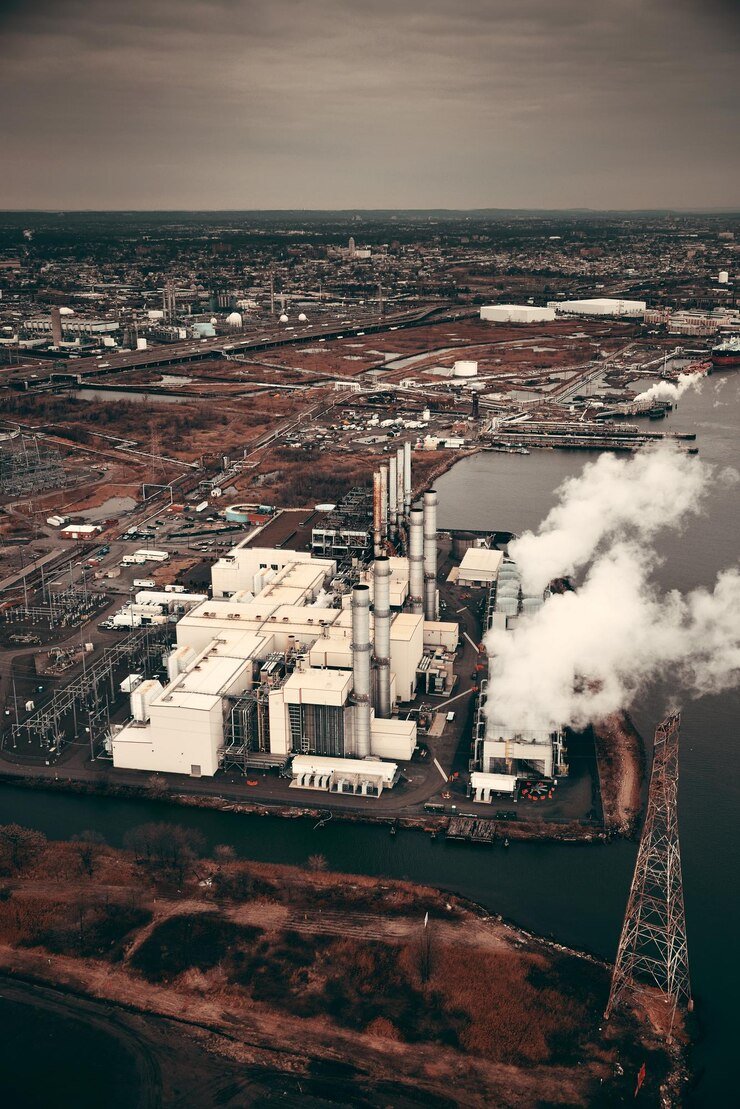Chennai, one of India’s fastest-growing metropolitan cities, has witnessed exponential urbanization and industrialization over the past few decades. While these developments have brought economic prosperity, they have also contributed significantly to environmental challenges, including air, water, and soil pollution. As pollution levels rise, businesses in Chennai play a critical role in mitigating these effects by implementing sustainable practices and adhering to environmental regulations. One key aspect in this endeavor is obtaining Pollution Control Board Approval Chennai, which ensures compliance with environmental standards.
Understanding Pollution in Chennai
Chennai faces pollution from multiple sources:
- Industrial Emissions: Factories and industrial units emit pollutants into the air and water. Industries like chemical manufacturing, textiles, and electronics contribute to air pollution through particulate matter and toxic gases.
- Vehicle Emissions: With the rising number of vehicles on Chennai’s roads, air quality has deteriorated.
- Water Pollution: Untreated industrial effluents and sewage discharged into water bodies, including the Cooum and Adyar rivers, have severely impacted aquatic ecosystems.
- Plastic and Waste Management: Improper disposal of plastic and industrial waste has led to soil degradation and contamination.
These issues have underscored the need for stringent pollution control measures, with businesses at the forefront of the fight against environmental degradation.
The Role of Businesses in Pollution Control
To address pollution effectively, businesses in Chennai must actively adopt practices and policies that align with environmental sustainability. Here are some ways they can contribute:
1. Adhering to Regulations and Obtaining Pollution Control Board Approval
The Tamil Nadu Pollution Control Board (TNPCB) mandates that businesses operating in Chennai secure approvals and adhere to environmental norms. This approval ensures that:
- Industries have proper waste management systems.
- Emissions are within permissible limits.
- Effluents discharged into water bodies are treated adequately.
Obtaining Pollution Control Board Approval Chennai is not just a legal obligation but a step toward responsible business operations.
2. Implementing Cleaner Technologies
Many businesses are investing in cleaner technologies to minimize emissions and waste. For example, industries can adopt renewable energy solutions like solar and wind power, energy-efficient machinery, and green manufacturing processes to reduce their environmental impact.
3. Waste Management and Recycling
Proper waste segregation, recycling, and reuse are essential for reducing industrial pollution. Companies can collaborate with waste management organizations to ensure that non-biodegradable waste is handled sustainably.
4. Sustainable Supply Chain Management
Businesses can work with suppliers and partners committed to environmental standards. This includes sourcing materials sustainably, reducing packaging waste, and optimizing transportation to lower carbon emissions.
5. CSR Initiatives and Community Engagement
Corporate Social Responsibility (CSR) initiatives can be powerful tools for combating pollution. Businesses can invest in programs that clean water bodies, plant trees, or educate the public about environmental conservation. These initiatives enhance a company’s brand image and contribute directly to environmental well-being.
6. Leveraging Green Certifications
Certifications like ISO 14001 for environmental management systems can help businesses set benchmarks for sustainability. These certifications also build trust with consumers and stakeholders who value eco-conscious operations.
7. Collaboration with the Government and NGOs
Businesses can partner with government agencies, including the TNPCB, and non-governmental organizations to implement large-scale pollution control projects. Collaborations ensure that resources are pooled for maximum impact.
Benefits of Pollution Control Efforts
While taking steps to reduce pollution requires an initial investment, the long-term benefits far outweigh the costs:
- Environmental Preservation: Cleaner air, water, and soil contribute to better living conditions for Chennai’s population.
- Compliance Avoids Penalties: Adhering to TNPCB regulations and obtaining Pollution Control Board Approval Chennai ensures businesses avoid hefty fines and legal complications.
- Enhanced Brand Value: Consumers today prefer environmentally responsible companies, which can translate to increased loyalty and revenue.
- Operational Efficiency: Implementing sustainable practices often leads to better resource management and cost savings.
Challenges Businesses Face
While the benefits are clear, businesses in Chennai face several challenges in adopting pollution control measures:
- High Initial Costs: Setting up treatment plants or adopting cleaner technologies can be expensive.
- Lack of Awareness: Many small and medium enterprises (SMEs) are unaware of TNPCB requirements or the advantages of obtaining approvals.
- Compliance Complexities: Navigating the regulatory framework can be time-consuming, especially for new enterprises.
To overcome these challenges, the TNPCB and the government must simplify the approval process, provide financial incentives, and spread awareness about environmental sustainability.
Conclusion
Chennai’s pollution problem requires a collaborative approach involving businesses, government bodies, and citizens. Businesses have a significant role in reducing pollution by implementing eco-friendly practices, adhering to regulations, and obtaining Pollution Control Board Approval Chennai. By prioritizing sustainability, businesses not only ensure compliance with environmental norms but also contribute to the city’s long-term ecological balance.
In the years to come, businesses that embrace their environmental responsibilities will emerge as leaders in Chennai’s transformation into a cleaner, greener, and more sustainable metropolis.

